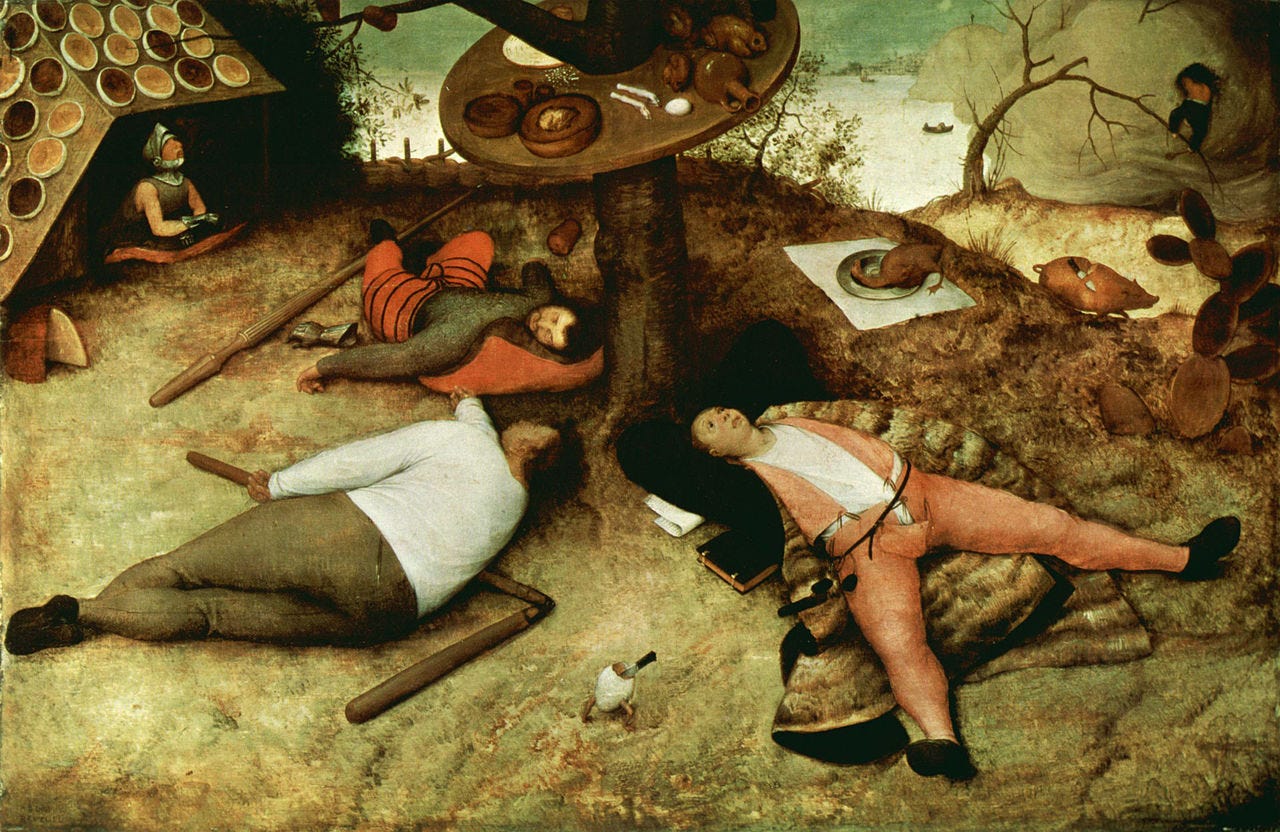If you cannot relax, you will self-destruct. Relax too much, and you won’t exist. Your thoughts learn to wind themselves around an always climbing number of concerns and tasks and worries and goals. Our to-do lists grow, and so do our notifications. It’s getting to the point where we don’t need a phone or a tablet to get them. They live, they thrive, in our own sense of the incomplete. In the guilt that puppets us between home and work. In the nagging feeling that we aren’t good enough or simply good for nothing.
What psychoanalytical term best suits this state of mind? Is it the pleasure principle or the death drive? Can they be separated anymore? The need for quick and cheap validation is a powerful one. Its reward is shallow, but it’s normally a sure thing, if not the only option. Would Freud or Jung or Fromm or Guattari have anything to say? Or would they be too preoccupied with finding a description that can game the algorithm and put them at the top of everyone’s feed? It is, after all, perfectly possible to starve to death, be overworked, exhausted, and bored out of your skull all at the same time. What a time to be alive…
I once walked down a street in Havana and noticed I was more relaxed than I had been in years. I wondered why. After determining it had to be something more than the heat and humidity forcing me to conserve my energy, I noticed I hadn’t seen a billboard all day. I cannot recall if I even saw anything that could be considered an advertisement. Likely I had, but they were so unassuming and uninvasive that none presently come back to me. However we might think of Cuba — characterize or idealize or criticize or exoticize — I find myself stunned by how rare and unique that experience is. No matter how tight the equation of busy-ness with fulfillment grips you, it’s impossible to forget the sensation of floating upstream once you’ve had it.
A friend of mine is sometimes criticized for his lack of motivation. Though intelligent and creative, he works a modest job, has few specific goals, and generally lives an unremarkable life. I sometimes see a look on his face that reminds me of the unbothered feeling I remember in Havana. Or at least this is how I guess I looked. Life, it would seem to my friend, is not supposed to be so difficult and demanding. So he doesn’t live like it is.
Other times, I see a profound loneliness in him, an isolation he has no idea how to overcome. There was nothing particularly romantic in the blue collar workaday lives of fifty years ago. But knowing that you weren’t going to live in a hovel just because you worked an unimpressive job, that survival didn’t require herculean hustle, that most of your coworkers and friends could opt to be just as unambitious as you, allowed for a stability and connection. To opt out of ambition wasn’t such a lonely endeavor, and in fact plenty found meaning in the refusal: a first step toward a collective horizon.
Now, the social basis for “unambition” – and with it, the freedom to contemplate, to patiently tinker with one’s life, to want nothing more out of that life than to simply enjoy it – is gone. The pressures and demands that take its place are pernicious, frantic and predatory. I am convinced that until we’ve eliminated them from our psychological vocabulary, we are all bound to die of our own remorse.
Header image is Pieter Bruegel the Elder’s The Land of Cockaigne (1567).



